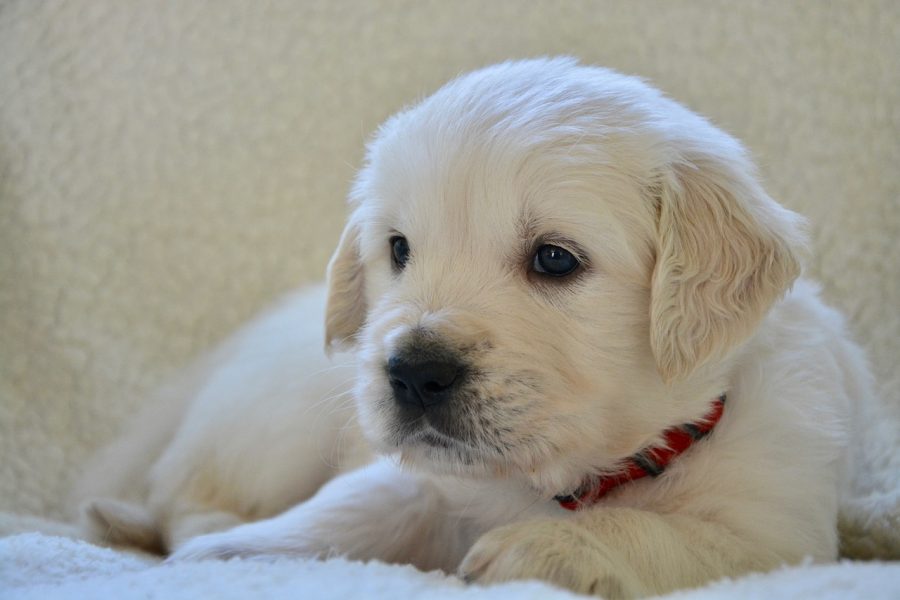Unethical Practices in Puppy Mills Must be Stopped
Opinion
Puppy mills have already been known for their substandard treatment of animals, but the issue has escalated over the course of the pandemic. To make change, we as a society need to make sure they are held accountable for their unethical actions. Photo Courtesy of JACLOU-DL.
September 25, 2020
Quarantine has brought along multiple challenges for the public which has led to new, innovative ways to cope with this self isolation. For many parents in particular, getting their children to adapt to this new way of living has brought its difficulties. A solution many have thought of to counteract this struggle is getting a puppy. What seems like an innocent solution to a minor inconvenience, however, has no longer become quite so harmless.
Because this idea had dawned on so many people in the U.S. at once, the demand for puppies skyrocketed to a 400 percent increase. This increase in demand has largely been filled by puppy mills. As the demand went up, puppy mills had to breed their dogs quicker and focused more on quantity than on quality and safety. According to International Society for Animal Rights (ISAR), the over-breeding of dogs to compensate for the high demands could potentially cause many, “leftovers,” or litters who were not purchased.
“The enormous number of puppies mass produced in puppy mills adds to the tragic problem of pet overpopulation and the killing of millions of unwanted dogs each year,” the ISAR website said. “It is unthinkable that people are intentionally bringing more dogs into this already overpopulated world.”
The organization responsible for looking over the puppy mills and making sure they work ethically is the United States Department of Agriculture (USDA). Agents who work for the USDA are supposed to do routine inspections of the living spaces and veterinary records of the mills. In recent years however, they have been accused of slipping up and not checking thoroughly enough. The requirements to operate an establishment were very minimal to begin with even when they were being monitored-, only the basics were needed to show that the animals were okay such as photographs and a quick inspection. The American Society for the Prevention of Cruelty to Animals (ASPCA) has thoroughly stated their opinion about the matter, criticizing the lack of care put into checking mills.
“The animal care standards that USDA-licensed breeders have to meet are shockingly low. They are merely survival standards, designed to keep adult dogs just healthy enough to reproduce,” the ASPCA website said.
As a result of the ongoing coronavirus, the USDA has been able to get away with lower standards on its non-thorough inspections because it’s been put lower on the list of priorities during quarantine. Because the agency is not properly doing their job, many mills have been able to go under the radar. The Humane Society for animal cruelty has been attempting to help better enforce puppy mill regulations. However, it’s difficult for them to achieve this goal without the help of the government.
“The coronavirus pandemic has created an even more dire situation for dogs trapped in puppy mills,” the Humane Society said. “In late March, USDA sent a notice to all licensees and registrants informing them that the agency would be, ‘limiting routine inspections,’ due to the pandemic. This pause in routine inspections, with no specific end date, leaves tens of thousands of dogs who are already suffering in puppy mills at even greater risk.”
Without the protection of the USDA, dogs in the mills continue to be seriously abused and neglected by the people running the operations. Many mills are not made to withhold the amount of dogs they breed, making it difficult to properly care for them. This leads to malnourishment and even accidental inbreeding.
With the Department of Agriculture turning a blind eye and Animal Welfare Association’s (AWA) conditions being too minimal to ensure proper care, mills all over the U.S. have been getting away with unethical practices. Until the USDA starts caring more about the present situation, the issue of animal cruelty and over-population of litters will spiral out of control.



